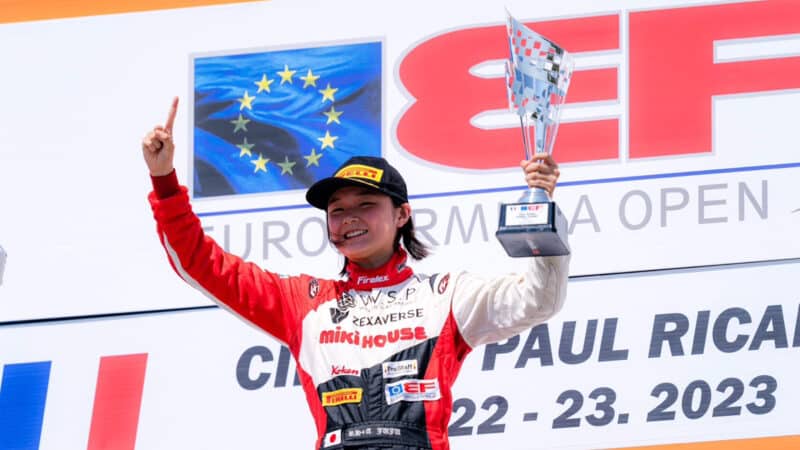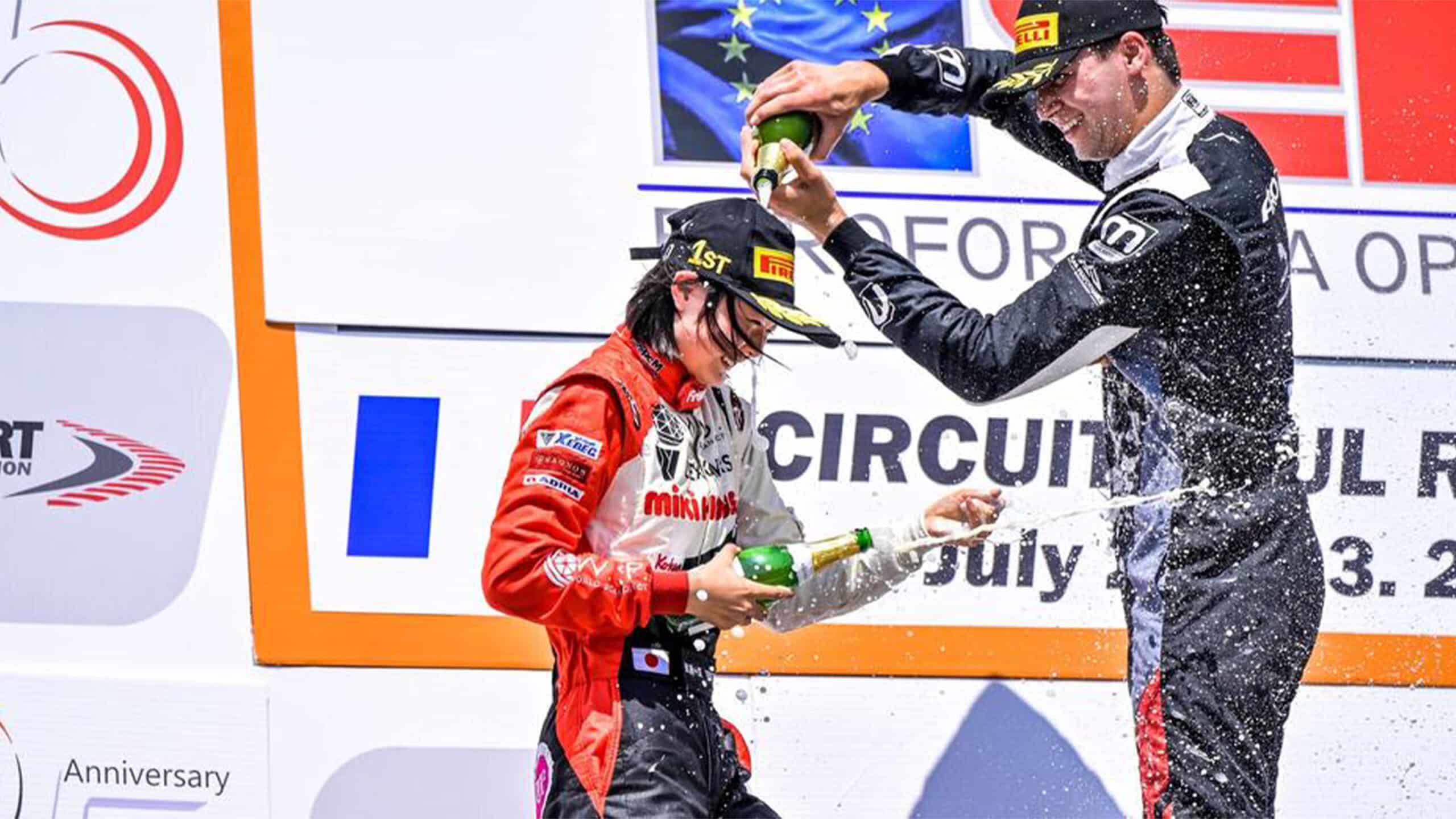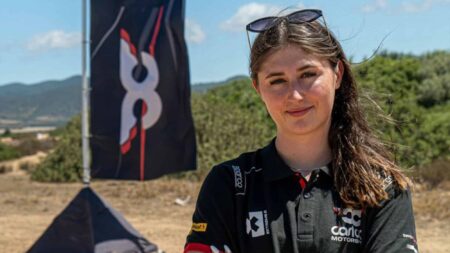Noda subsequently raced in Indy Lights and became the first Japanese driver to win a CART-sanctioned event at Portland in 1997, before making appearances in the Indy Racing League. He returned to Japan and enjoyed success in Formula Nippon and the All-Japan GT Championship, launched his own race team and even came back to the international stage briefly in A1 GP. Known for his outlandish hairstyles as much as his on-track exploits, Noda never seemed to take himself too seriously, which was refreshing.
But the signs seem to suggest we shouldn’t be so glib about his daughter. There were emotional scenes when Hideki and his wife embraced their teenager at the finish of the first of three races at Paul Ricard. Juju had started from fifth on the grid in baking conditions, driving for a small team run by her Dad, rose to fourth and then nursed her tyres in the first half so she could push in the second.
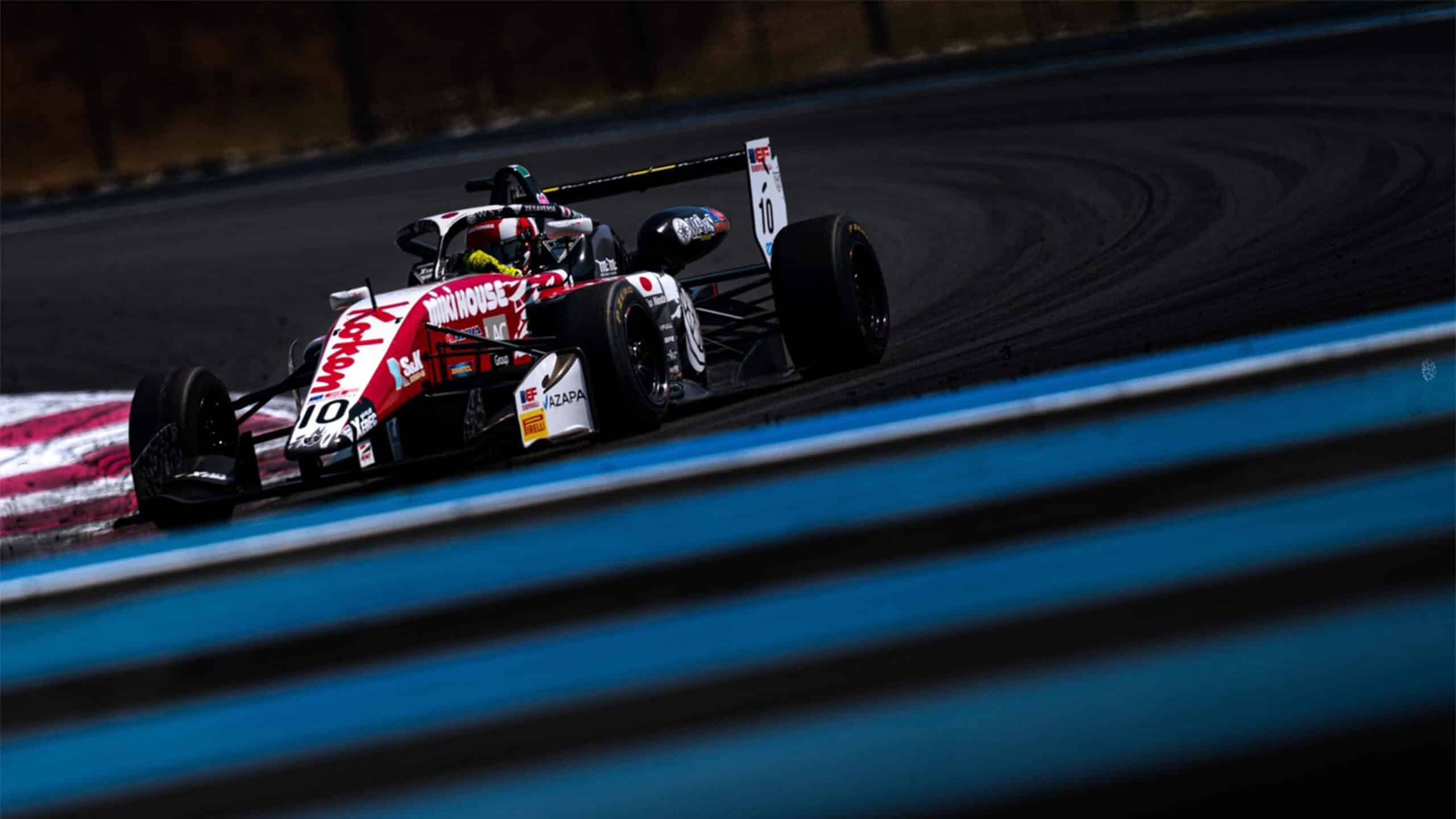
“I was careful not to make contact, and I was calmly watching the situation and looked for an opportunity to overtake,” she said. A good ploy. When a collision occurred ahead of her, Noda was there to take advantage of confusion and jumped into the lead before the safety car was deployed. At the restart she then pulled away from a competitive field, in a series that has a history of promoting talent, to take her landmark victory. Euroformula Open’s alumnae includes Carlos Sainz Jr, Yuki Tsunoda, Alex Palou, Liam Lawson, Jack Doohan and plenty more – so a win in this arena absolutely counts.
“When we originally decided to enter the EFO this season, I had no idea that I would be competing toe to toe with the top teams and drivers after a few rounds,” said Noda with an eloquence that also bodes well. “As my dad told me, it’s our first entry, we’re a small family team with one car and no data. The target was to get into the top five in time, and if we were to get on the podium even once in the second half of the season, we’d have considered it a great success. Bear in mind that we are competing against some brilliant teams and drivers. In Hungary, I finished P3 in race two and fought for the win until the last lap in race three.
“After Saturday’s win, I took P4 and another podium in races two and three, so there’s no need to say we are exceeding all our expectations! I also lead the rookie standings and scored the most points of all drivers over the Ricard weekend. It’s so rewarding for the super-hard work from the whole team.”
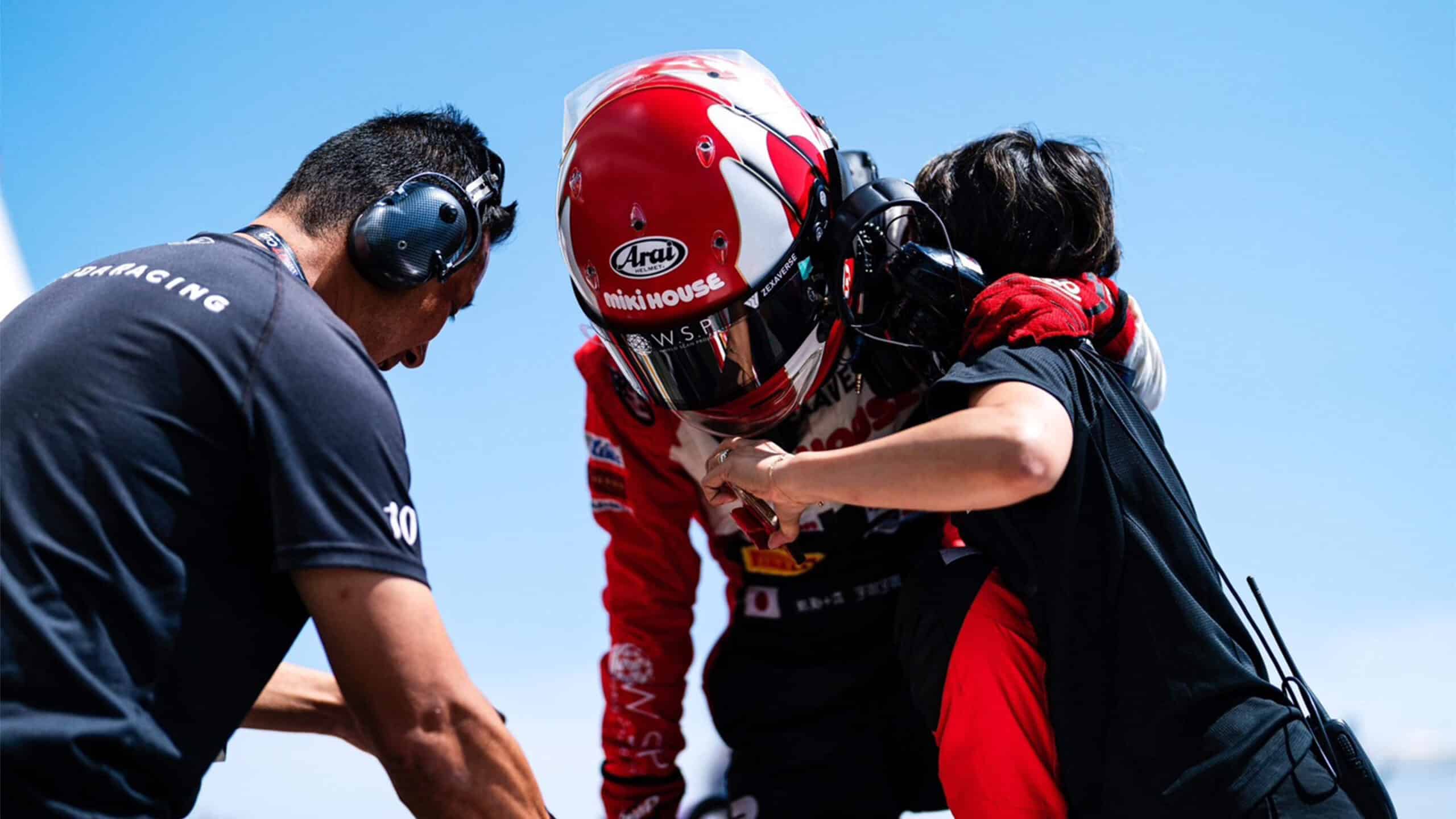
Noda then spoke with maturity about the ‘woman angle’ and gave her thoughts on what can be done to encourage further female success in single-seaters. As is common, she’s not racing to be a pioneer for her sex, but accepts it comes with the territory and that won’t change until more women break through and make the grade at higher levels.
“Being the first woman to win at this level feels amazing, although it’s never really been a goal in itself,” she said. “But it’s a step forward and sometimes you need to reward yourself, so I think I can give myself a pat on the back this week. I hope that this result will also serve as a catalyst to change the environment for female drivers in the years to come.
